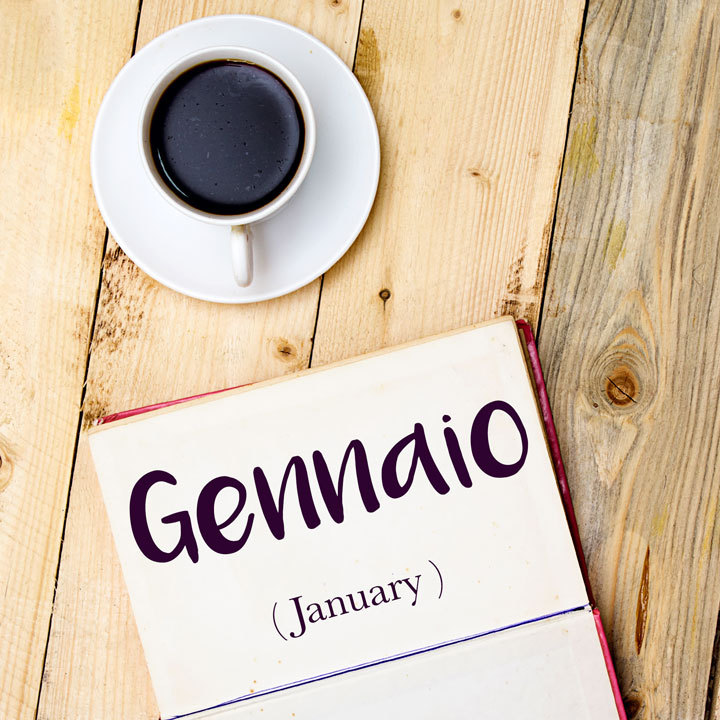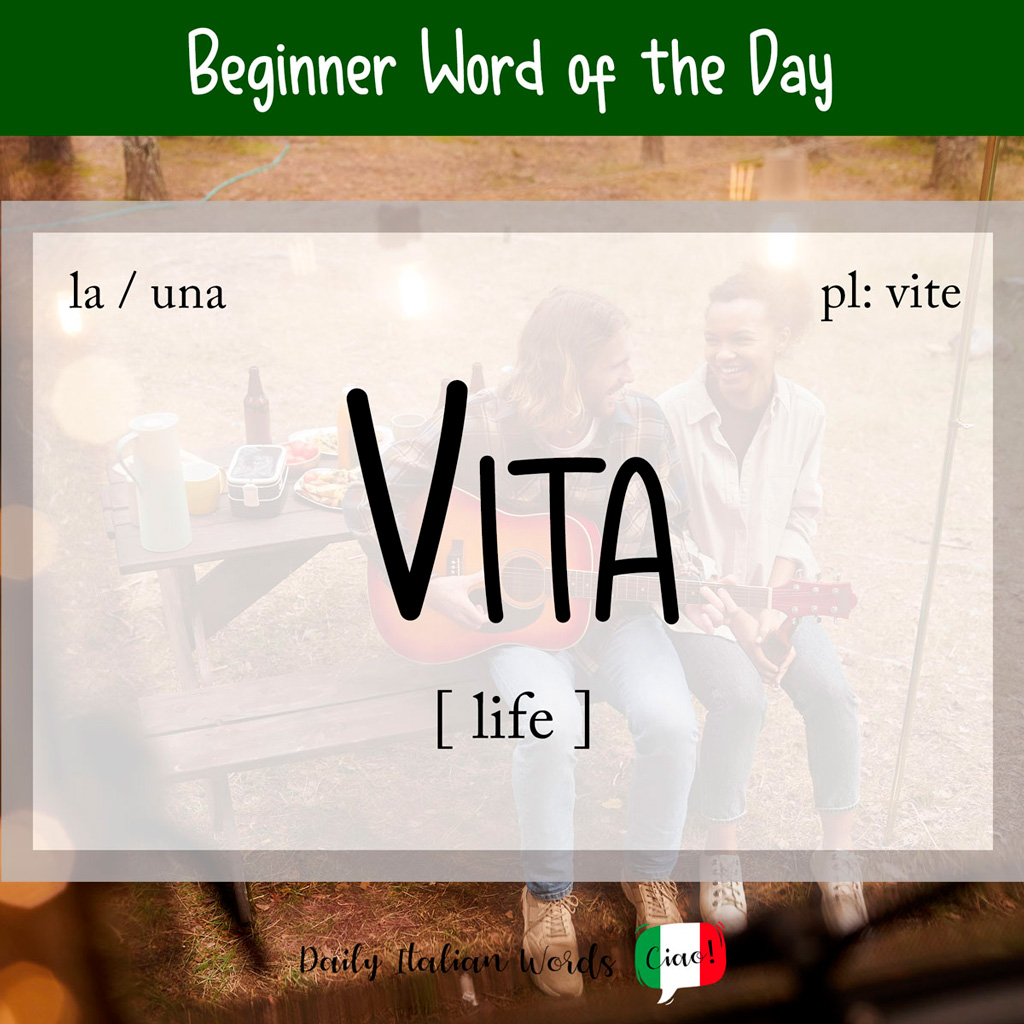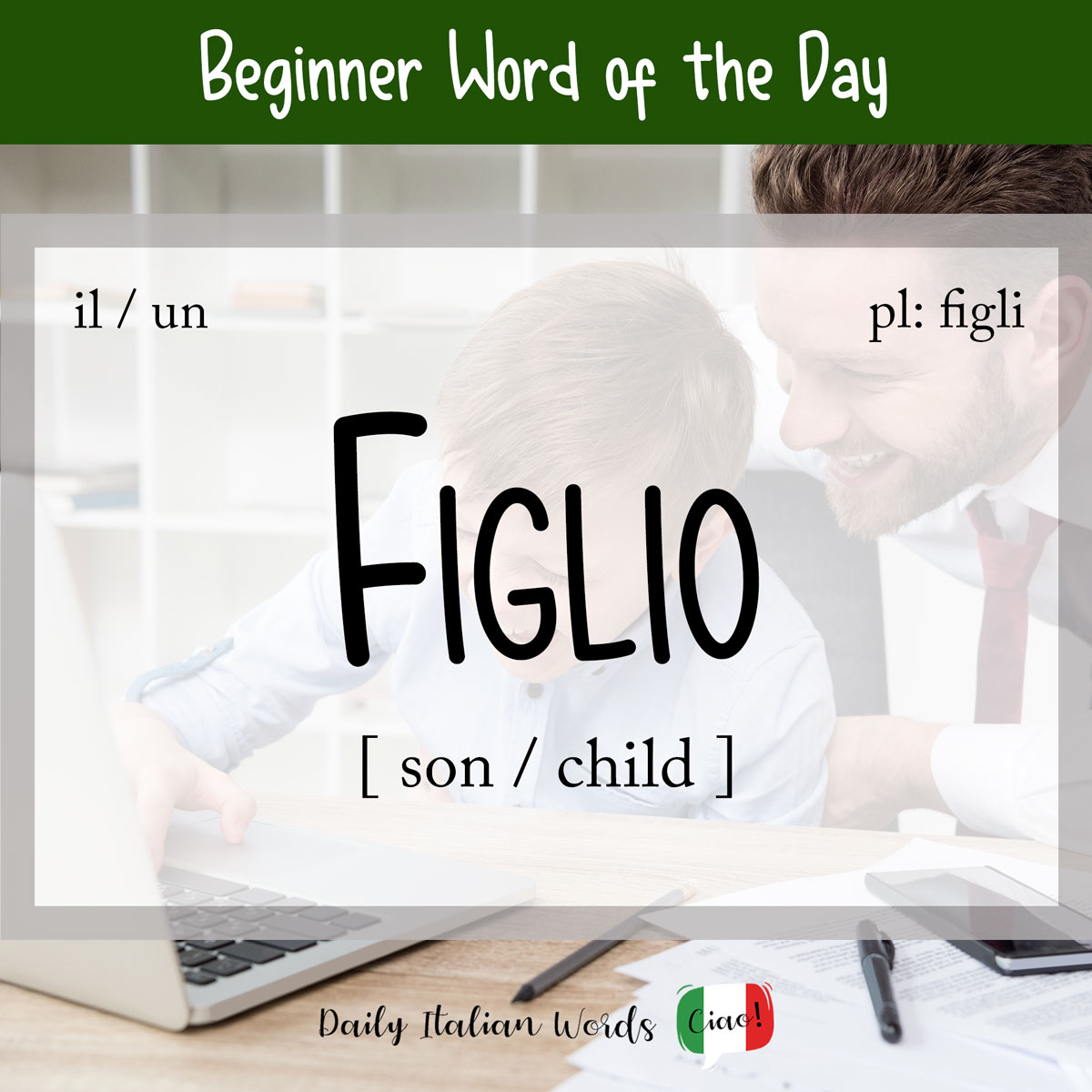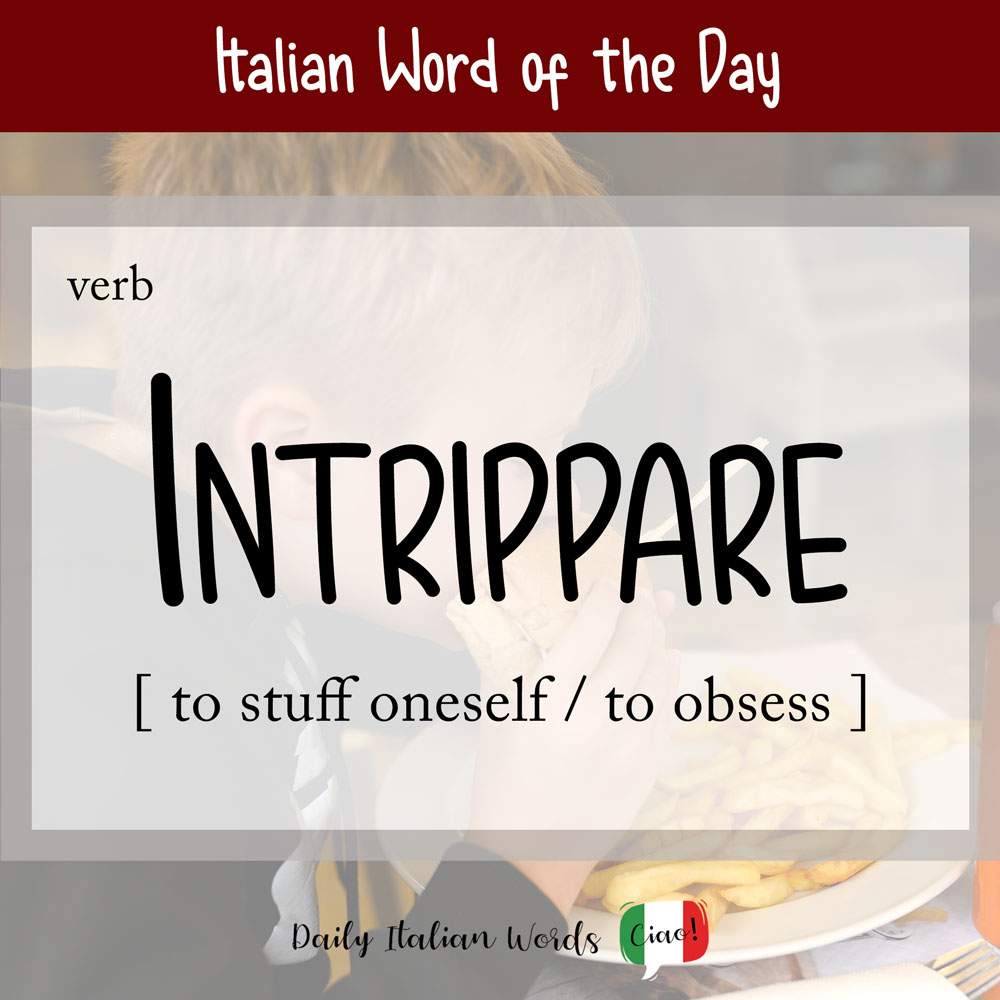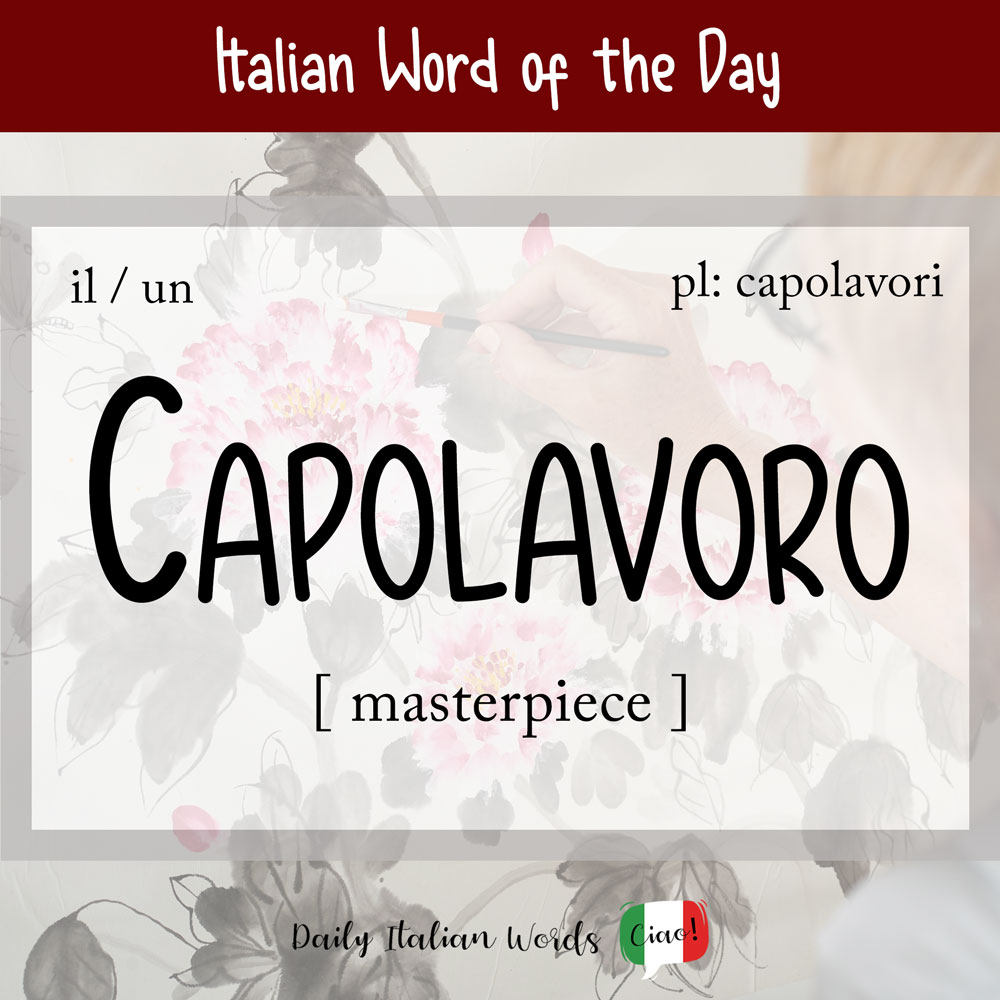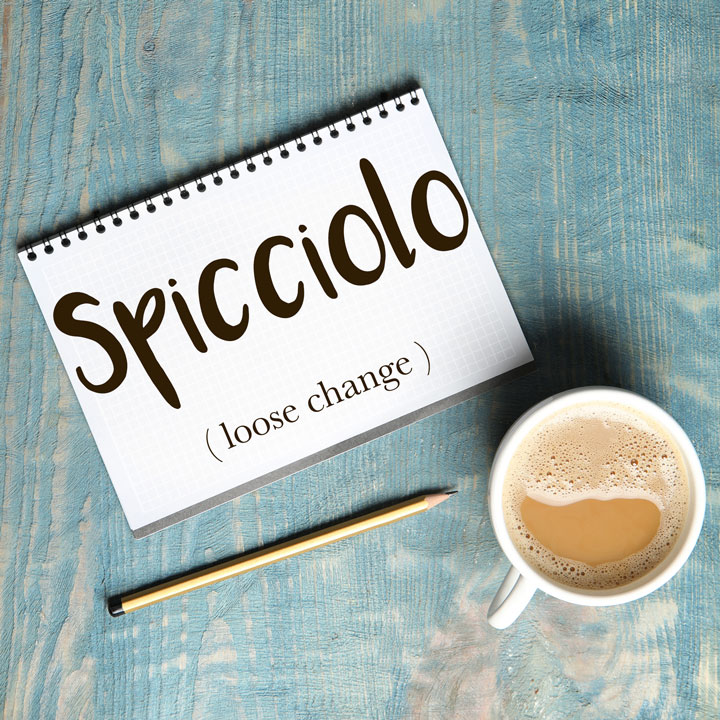Italian Word of the Day: Gennaio (January)
January, or gennaio in Italian, is the month that marks the beginning of the new year. Despite the days being short and the weather cold, it is a wonderful time to visit Northern Italy if you enjoy skiing and hiking in the mountains. Gennaio is the first month (primo mese) of the year according to …

